-
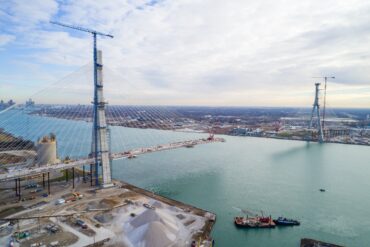 AuthorsDetroitFeature DetroitFeature HomepageJohn HartigLatest NewsMichiganNewsOntarioWater Quality and Restoration Efforts
AuthorsDetroitFeature DetroitFeature HomepageJohn HartigLatest NewsMichiganNewsOntarioWater Quality and Restoration EffortsGreat Lakes Moment: Gordie Howe International Bridge becomes part of binational trail system
World’s longest trail is about to become even longer. Plans are underway to make the Trans Canada Trail connect from Windsor, Ontario to Detroit, Michigan.
18John Hartig, Great Lakes Now
-
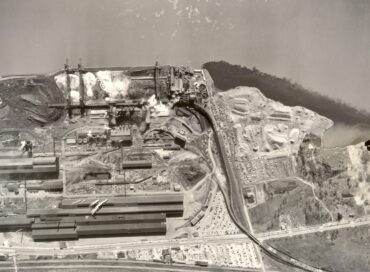 AuthorsDetroitDetroit RiverFeature DetroitFeature HomepageGreat Lakes News CollaborativeJohn HartigLatest NewsMichiganNewsWater Quality and Restoration Efforts
AuthorsDetroitDetroit RiverFeature DetroitFeature HomepageGreat Lakes News CollaborativeJohn HartigLatest NewsMichiganNewsWater Quality and Restoration EffortsGreat Lakes Moment: Lest we forget – A history of Detroit River oil pollution
Today, the Detroit River is much cleaner, and sentinel wildlife species have returned. It is good to look back at the 1960s pollution of the river, notably oil pollution, and recognize how far we have come.
John Hartig, Great Lakes Now
-
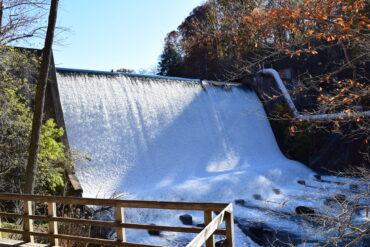 AuthorsDetroitFish, Birds and AnimalsGreat Lakes News CollaborativeJohn HartigLatest NewsMichiganNewsOhioRecreation and TourismRecreational Hunting and FishingScience, Technology, Research
AuthorsDetroitFish, Birds and AnimalsGreat Lakes News CollaborativeJohn HartigLatest NewsMichiganNewsOhioRecreation and TourismRecreational Hunting and FishingScience, Technology, ResearchGreat Lakes Moment: Ohio provides example for funding Detroit and Rouge rivers’ sediment cleanup
Ohio will soon embark on removing the Gorge Dam on the Cuyahoga River. Their approach could be a model for cleaning up contaminated sediments in the Detroit and Rouge rivers.
John Hartig, Great Lakes Now
-
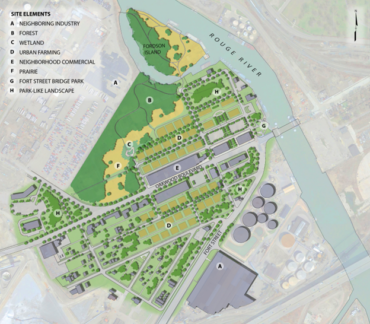
Great Lakes Moment: Creating a green oasis in southwest Detroit
Southwest Detroit has long been known for its heavy industry. In recent years, neighborhoods have teamed up with Marathon Petroleum Corporation’s Detroit refinery to strengthen and revitalize these communities.
John Hartig, Great Lakes Now
-
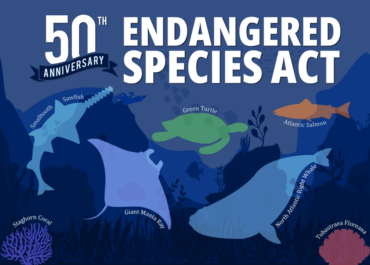 AuthorsFish, Birds and AnimalsJohn HartigLatest NewsMichiganNewsProtectScience, Technology, Research
AuthorsFish, Birds and AnimalsJohn HartigLatest NewsMichiganNewsProtectScience, Technology, ResearchGreat Lakes Moment: A Detroit perspective on the 50th anniversary of the Endangered Species Act
On the 50th anniversary of the Endangered Species Act, it is good to reflect on some of its successes here in metropolitan Detroit’s backyard.
John Hartig, Great Lakes Now
-
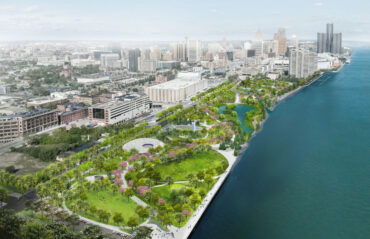 AuthorsBeaches, Boating, Paddle Sports and SailingDetroitDetroit RiverFeature DetroitFeature HomepageJohn HartigLatest NewsMichiganNewsRecreation and TourismRegion
AuthorsBeaches, Boating, Paddle Sports and SailingDetroitDetroit RiverFeature DetroitFeature HomepageJohn HartigLatest NewsMichiganNewsRecreation and TourismRegionGreat Lakes Moment: Detroit’s new Ralph Wilson Park will provide habitats for a healthy ecosystem
For over 100 years, the Detroit River was perceived as a working waterway that supported industry and commerce. As such, its shoreline was progressively hardened with concrete seawalls, steel sheet piling, or broken concrete.
John Hartig, Great Lakes Now
-
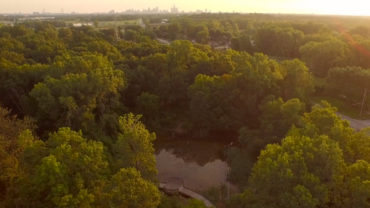 AuthorsFeature HomepageJohn HartigLatest NewsNewsOntarioPolitics, Policy, Environmental JusticeResearch, Data and TechnologyScience, Technology, ResearchTorontoU.S. and Canadian Federal Governments
AuthorsFeature HomepageJohn HartigLatest NewsNewsOntarioPolitics, Policy, Environmental JusticeResearch, Data and TechnologyScience, Technology, ResearchTorontoU.S. and Canadian Federal GovernmentsGreat Lakes Moment: University of Windsor to build capacity for Canada’s national urban parks
Canada is creating a network of urban parks not only to conserve nature, but to connect people and advance reconciliation with Indigenous peoples.
John Hartig, Great Lakes Now
-
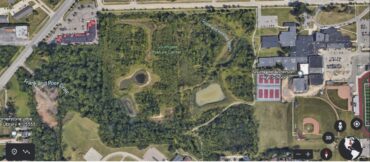
Great Lakes Moment: Nature right outside your school door
Southgate, Michigan has created a significant 41-acre nature center adjacent to Southgate Anderson High School.
John Hartig, Great Lakes Now
-
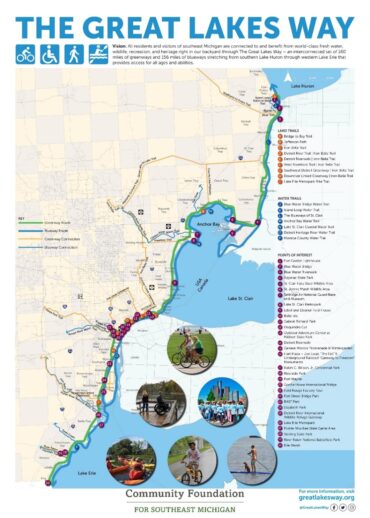 AuthorsBlue EconomyDetroitDetroit RiverFeature DetroitHistory and CultureIndustry, Energy, Economic DevelopmentJohn HartigLake ErieLake St. ClairLatest NewsMichiganNewsOntarioRegionWaterfront Development
AuthorsBlue EconomyDetroitDetroit RiverFeature DetroitHistory and CultureIndustry, Energy, Economic DevelopmentJohn HartigLake ErieLake St. ClairLatest NewsMichiganNewsOntarioRegionWaterfront DevelopmentGreat Lakes Moment: A business case for The Great Lakes Way
This new economic impact study estimated the range of impact from elements that make up The Great Lakes Way, including connections to Canada and historical attributes.
John Hartig, Great Lakes Now
-
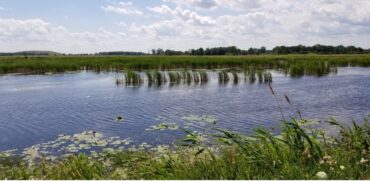 AuthorsCharles Stewart Mott Foundation PartnershipDetroitDetroit RiverFeature HomepageJohn HartigLatest NewsMichiganNewsPolitics, Policy, Environmental JusticeRefresh
AuthorsCharles Stewart Mott Foundation PartnershipDetroitDetroit RiverFeature HomepageJohn HartigLatest NewsMichiganNewsPolitics, Policy, Environmental JusticeRefreshGreat Lakes Moment: New trail connects people with secluded Detroit River wetlands
The new Grosse Ile Township greenway trail is designed to improve public access to the Detroit River International Wildlife Refuge’s Gibraltar Bay Unit.
John Hartig, Great Lakes Now
